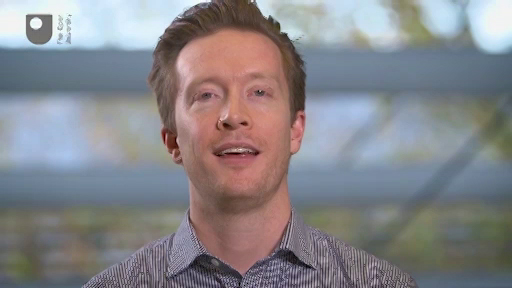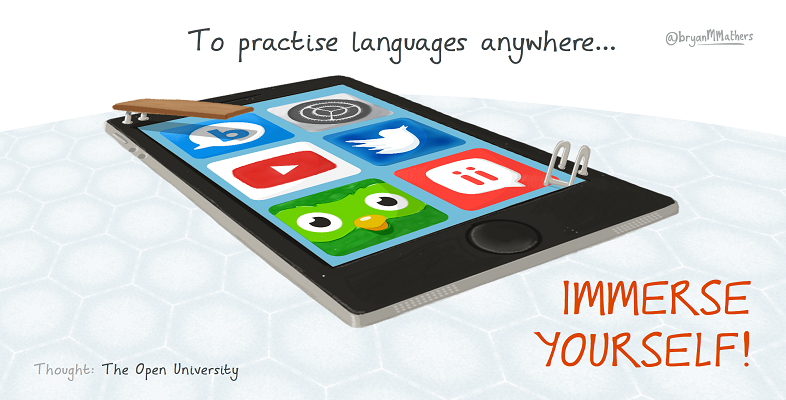6 Listening study skills
Now that you’re familiar with the key concepts of intensive/extensive listening, and graded/authentic audio, you will be more aware of how you’re studying, and why different kinds of material or exercises may be harder or easier than others.
In this section, you’ll look at practical recommendations for improving your listening skills.
Activity 9 Listening quiz
a.
graded audio
b.
authentic audio
The correct answer is a.
a.
intensive listening
b.
extensive listening
The correct answer is a.
a.
authentic audio
b.
graded audio
The correct answer is a.
a.
extensive listening
b.
intensive listening
The correct answer is a.
It goes without saying that authentic material, such as movies or radio programmes, can be extremely challenging to understand, even for more advanced learners. This is why in Week 1 we talked so much about expectations, and making sure they are realistic. Now, here’s the part where those expectations intersect with how you actually study.
Earlier, you saw how native speakers can follow difficult conversations, even when you can only hear half of the words. The lessons for you was that you can understand the main message, and follow along, without understanding every word.
Watch the following video in which Olly talks about a procedure for listening to audio material.

